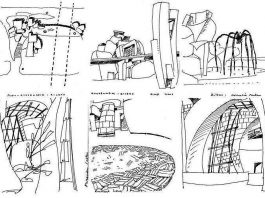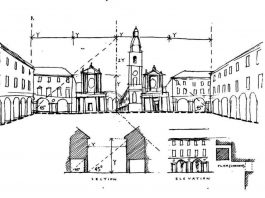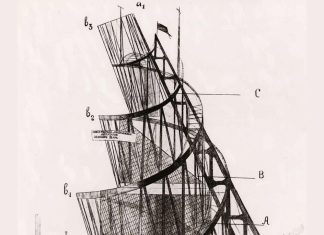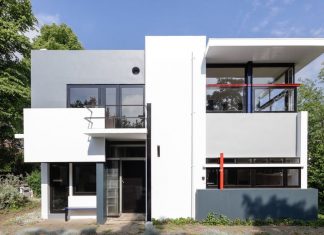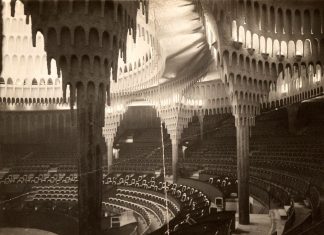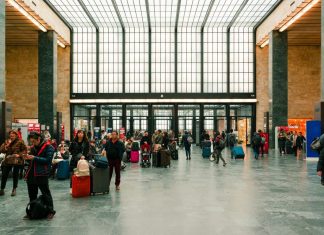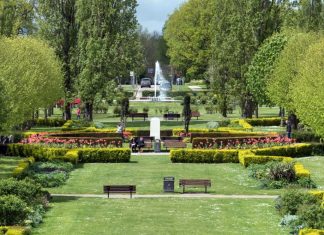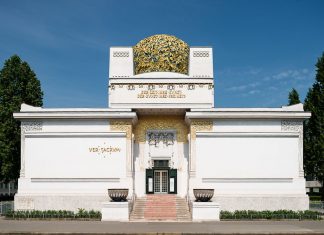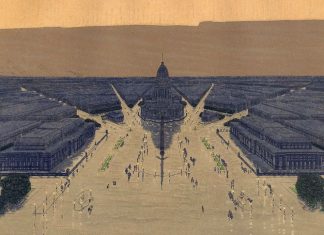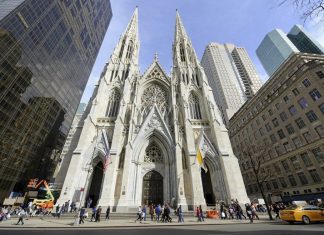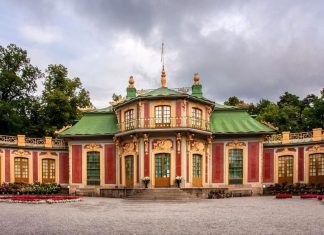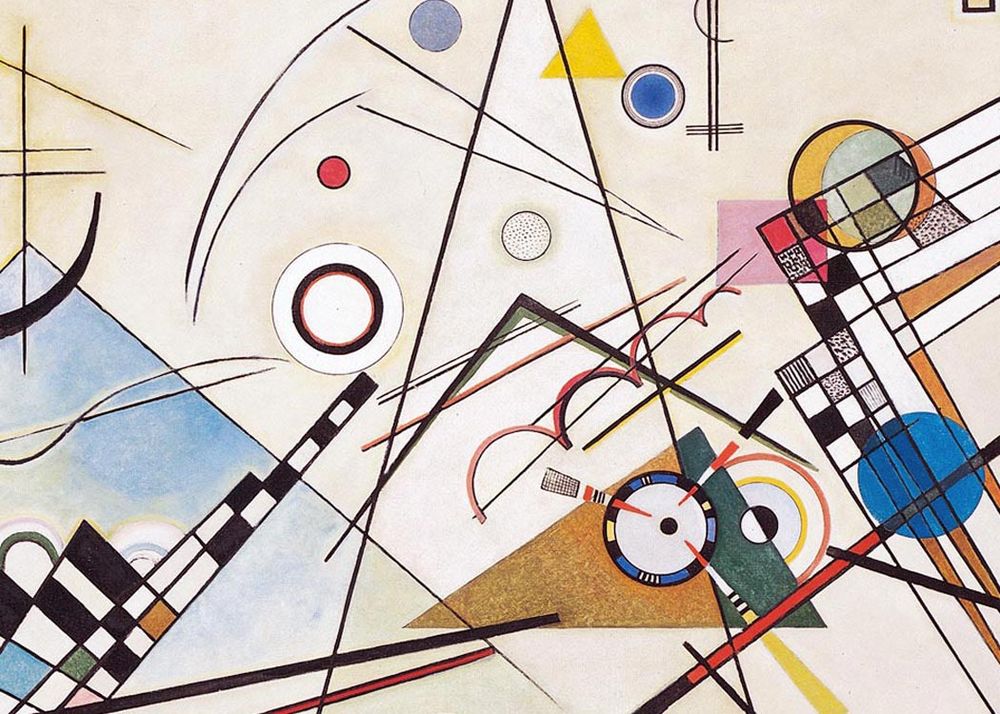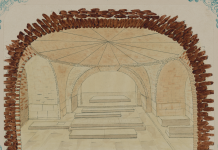Constructivism
The Russian constructivist movement flourished briefly in the 1920s and 30s. Constructivist architects produced breathtaking modern designs, often glorying in unusual and innovative structures....
De Stijl
Dutch architects were in the vanguard of modernism from 1910 to the end of the 1920s. Their De Stijl movement, which produced stunning white...
Expressionism
The expressionist movement had its heyday in Germany and the Netherlands in the 1920s. It brought dramatic new forms—curving walls and faceted domes, for...
Futurism
Italian futurism began as a movement of artists and writers and spread to architecture in the visionary work of Antonio Sant’Elia. Although he built...
Skyscraper*
Although the cathedral builders of the Middle Ages had known how to build tall towers and spires, the search for ways to build practical...
Garden city
In the 1870s a number of landlords and social reformers began to design improved housing for ordinary people, creating spacious settlements with generous gardens...
Art Nouveau
One of the strongest reactions against the clutter, formality and artistic revivalism of the Victorian period was Art Nouveau—a style of art that swept...
The City Beautiful
There is something very distinctive about the grid plans of American cities, but also something limited. At the end of the 19th century a...
Revivalism
The Victorian period was the heyday of revivalist architecture, a way of building in which style was a question of reproducing the architecture of...
Orientalism
Western Europe became fascinated with “the Orient” in the late 17th and 18th centuries, as links with China and India became stronger. Few European...




